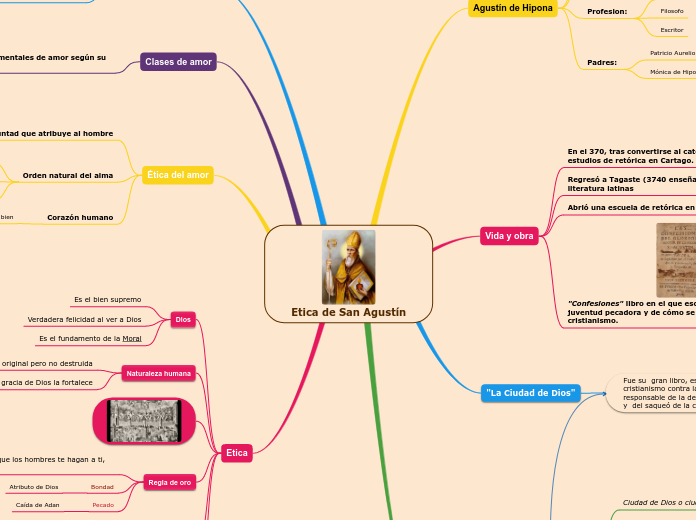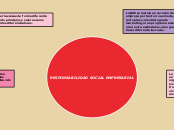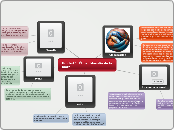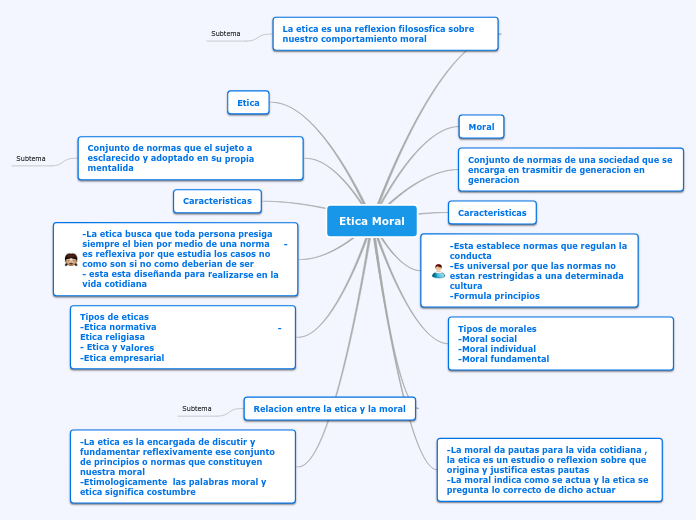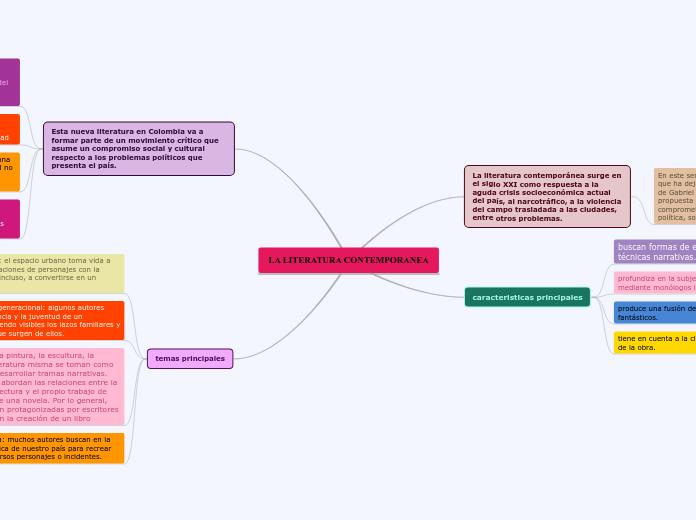Etica de San Agustín
Type in the name of the book you have read.
Etica
Type the main events of the book, classifying them in: events from the beginning, events from the middle, and events from the end of the book.
Describe the story visually. Add a representative picture for each of them.
No creer en Dios
No respeta los principios morales
"Comamos y bebamos que la vida es solo una"
Cristiano
Sera juzgado: cielo o infierno
Sabe que Dios lo mira
Buena persona
Regla de oro
Pecado
Caída de Adan
Bondad
Atributo de Dios
"Lo que quieras que los hombres te hagan a ti, házselo a ellos".
Type the main events from the end.
Add a representative picture for each of them.
Naturaleza humana
La gracia de Dios la fortalece
Herida por el pecado original pero no destruida
Type the main events from the middle.
Add a representative picture for each of them.
Es el fundamento de la Moral
Verdadera felicidad al ver a Dios
Es el bien supremo
Type the main events from the beginning.
Add a representative picture for each of them.
Ética del amor
In contrast to the main idea, the theme is the message, lesson or moral of the book.
Some tips to find out the theme of the book easier:
- Try to find it while you are reading. It may be stated or implied.
- Think about how the characters reacted to obstacles.
- Think about the important decisions that the characters made.
- Think about the characters growing or changing throughout the book.
Corazón humano
Tiene gravadas naturalmente en él las leyes del bien
Orden natural del alma
último motivo que mueve todo amor humano
Bien eterno o Dios
Si se sigue el orden natural , el alma alcanza la paz
Mi amor es mi peso; él me atrae cuando algo me atrae”.
Voluntad que atribuye al hombre
Deseo de felicidad
Clases de amor
Dos tipos fundamentales de amor según su objeto
Take notes while you read the book. Write here your favorite quotes from the book.
Cupiditas
Amor al mundo por el mundo, el deseo de tener se transforma en temor de perder
Caritas
el amor a Dios por Dios y al prójimo por Dios, puede asegurar la verdadera felicidad
Conclusión de su vida
Take notes while you read the book. Type here the resources, books, or websites that the author mentioned and you want to check out later.
San Agustín ha sido uno de los más grandes colaboradores de las nuevas ideas en la historia de la Iglesia Católica.
San Agustín
Postulados
Type the names of the book characters. Start with the main character.
Draw arrows to represent the relationship between them and if it is possible write on them what they represent for each other (if they are relatives, friends, lovers, enemies etc.)
Agustinismo político
Ciudad del Diablo con el Estado
Ciudad de Dios con la Iglesia
Para alcanzar la verdad
Ilumina las verdades eternas
Hay que descubrir en el la presencia de Dios
Dios dictara a cual pertenece cada una
Reino de la Tierra se somete a las:
"Es la razón o la voluntad de Dios que ordena guardar el orden natural y prohíbe perturbarlo"
Leyes divinas
Todo poder viene de Dios
Describio dos reinos
Ciudad terrena
Se gloría en el Señor.
Sometida a la primera
Dios
Rey
Fundador
Ciudad de Dios o ciudad celeste
What are the characteristics that best describe the character? Type them here.
Ciudad prometida en las escrituras sagradas
Lugar perpetuo e inmuyable
"La Ciudad de Dios"
Fue su gran libro, escrito para defender al cristianismo contra la acusación pagana responsable de la decadencia del poder de Roma y del saqueó de la ciudad
Vida y obra
What is the reason why the author wrote the book?
"Confesiones" libro en el que escribió acerca de su juventud pecadora y de cómo se convirtió al cristianismo.
Abrió una escuela de retórica en Roma
Regresó a Tagaste (3740 enseñando gramática y literatura latinas
En el 370, tras convertirse al catolicismo, inició estudios de retórica en Cartago.
Agustín de Hipona
Who is the author of the book? Type in his/her name.
Padres:
Mónica de Hipona
Patricio Aurelio
Profesion:
Escritor
Filosofo
Sacerdote
Fallecimiento:
28 de agosto del 430 (75 años) Hipona, Imperio romano de Occidente
Nacimiento:
13 de noviembre del 354 Africa, Imperio romano
